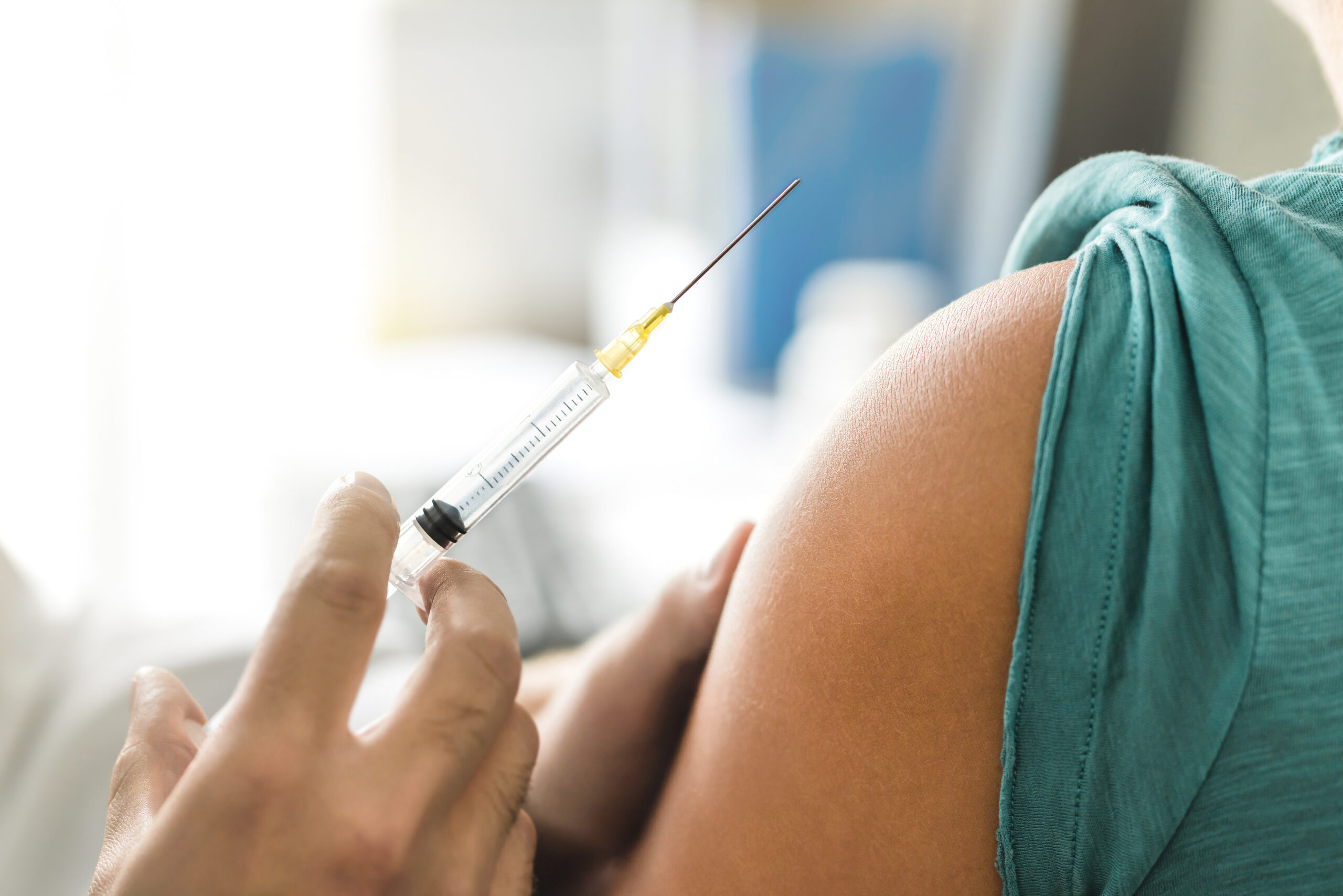There is a lot of misinformation and misconceptions out there surrounding STIs (sexually transmitted infections), especially around Human Papillomavirus, also known as HPV. According to the Centers for Disease Control and Prevention (CDC), HPV is the most common sexually transmitted infection in the United States. Learn the facts about HPV and how to stay healthy. 
What is HPV?
HPV is transmitted through anal, vaginal, and oral sex with an infected person or through skin-to-skin contact with an infected person during sex. There are over 200 strains of HPV. Some types of HPV infection cause warts, and some can cause different types of cancer, including cervical, vaginal, penile, anal, and more. Symptoms can take years to show up after having sex with someone who is infected.
What are the symptoms of HPV?
For many people, HPV may never present visible symptoms or cause any apparent health issues. This makes it hard to know when and where the infection came from. Those with weakened immune systems may show signs of a flare up, but if your system is healthy, you won’t see any visible symptoms and the virus will usually be cleared from your body on its own within two years.
There are two different types of symptoms of HPV: low-risk, in the form of genital warts, and high-risk, which becomes cancer. It’s important to know that a different type of virus causes low-risk HPV than high-risk HPV, and genital warts will not lead to cancer.
Genital Warts
Genital warts are clusters of bumps located on the genital area. They aren’t dangerous and can easily be removed in the same way you would remove a wart on any other part of the body, such as a hand or foot. Symptoms of genital warts may include pain, irritation, discomfort, or itching. If you think you may have genital warts, visit your healthcare provider. Your provider will be able to offer the best treatment option for you.
Cancer
Some strains of HPV can cause cancer of the cervix, vulva, vagina, penis, anus, and head and neck. Cancers caused by HPV can take years to develop, so it’s important to have an annual exam every year. At first, high-risk HPV usually doesn’t have any symptoms, but if it turns into cancer, pain, itching, discharge, change in color or thickness of the skin, or a lump or mass could be possible symptoms.
Who is at risk for HPV?
The CDC reports that about 79 million Americans are currently infected with HPV and that 14 million new people are infected every year. Most people who get HPV are in their late teens and early 20s, and their immune system will usually clear the virus without any symptoms by the time they are 30.
Can Men Get HPV?
Both men and women are able to contract HPV, and it’s estimated that roughly 50% of sexually active men will have HPV at some point in their life. Men are at risk for both low and high-risk HPV and will show similar symptoms as women.
How to prevent HPV
HPV is common, but it’s also very preventable. Here are some things you can do to keep yourself healthy:
Practice Safe Sex
Practice safe sex by getting tested for STIs and encouraging your partner(s) to do the same. Another way to stay safe is to use condoms or dental dams when engaging in sexual activities. Condoms are an effective method of preventing pregnancy, but they can’t protect you from STIs that spread from skin-to-skin contact, like some strains of HPV.
Get the HPV vaccine
The HPV vaccine can protect against many low-risk and high-risk HPV strains. The HPV vaccine is a three-shot series for people from 9 to 26 years old and helps protect against 9 high-risk types of HPV and 2 low-risk types of HPV, 90% of genital warts cases, 70% against cervical cancer cases, 70% of vaginal cancer cases, and around 50% of vulvar cancer cases. The vaccine can be given to boys and girls, starting at age 9 and continuing until age 21 for men and up to age 26 for women.
Get Screened
For women, the recommendation for Pap smear frequency recently changed. The U.S. Preventive Services Task Force has decided that “regular” Pap smears should be done starting at 21, and then every three years until the age of 30. The HPV test is not necessary to do before the age of 30 because it’s most likely the virus will be detected and will go away on its own.
Between the ages of 30 and 65, women have 3 options for cervical cancer screening: a Pap test every 3 years, an HPV test every 5 years, or a combined Pap test and HPV test every 5 years. For men, screening is only necessary if you think you are at risk for anal cancer.
Pelvic Health and Voyage Healthcare
Here at Voyage Healthcare, our GYNs will help answer any questions that you may have about HPV or any other STIs. So, schedule an appointment to talk to one of our providers to learn about how to stay safe and healthy.